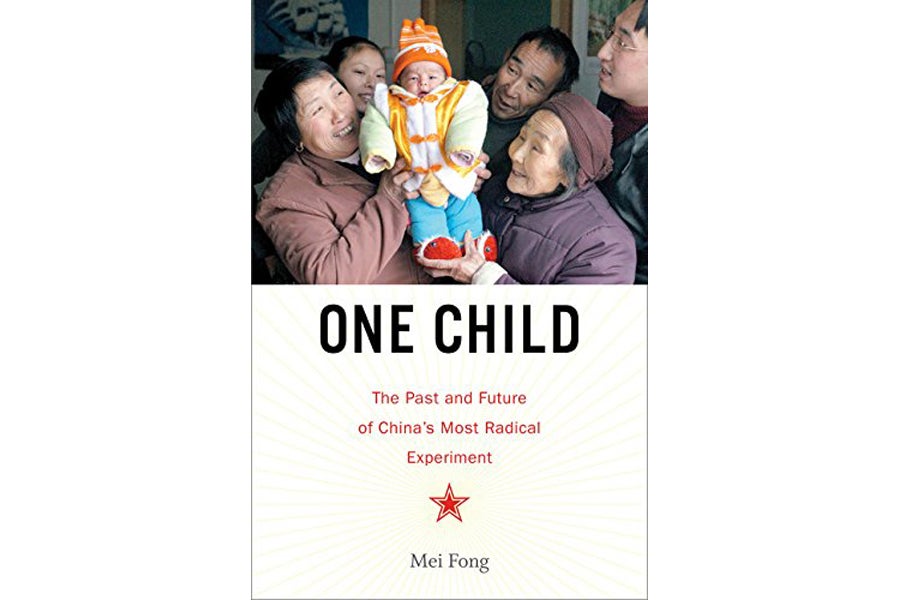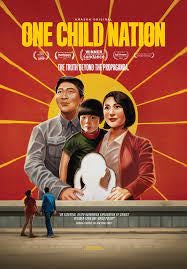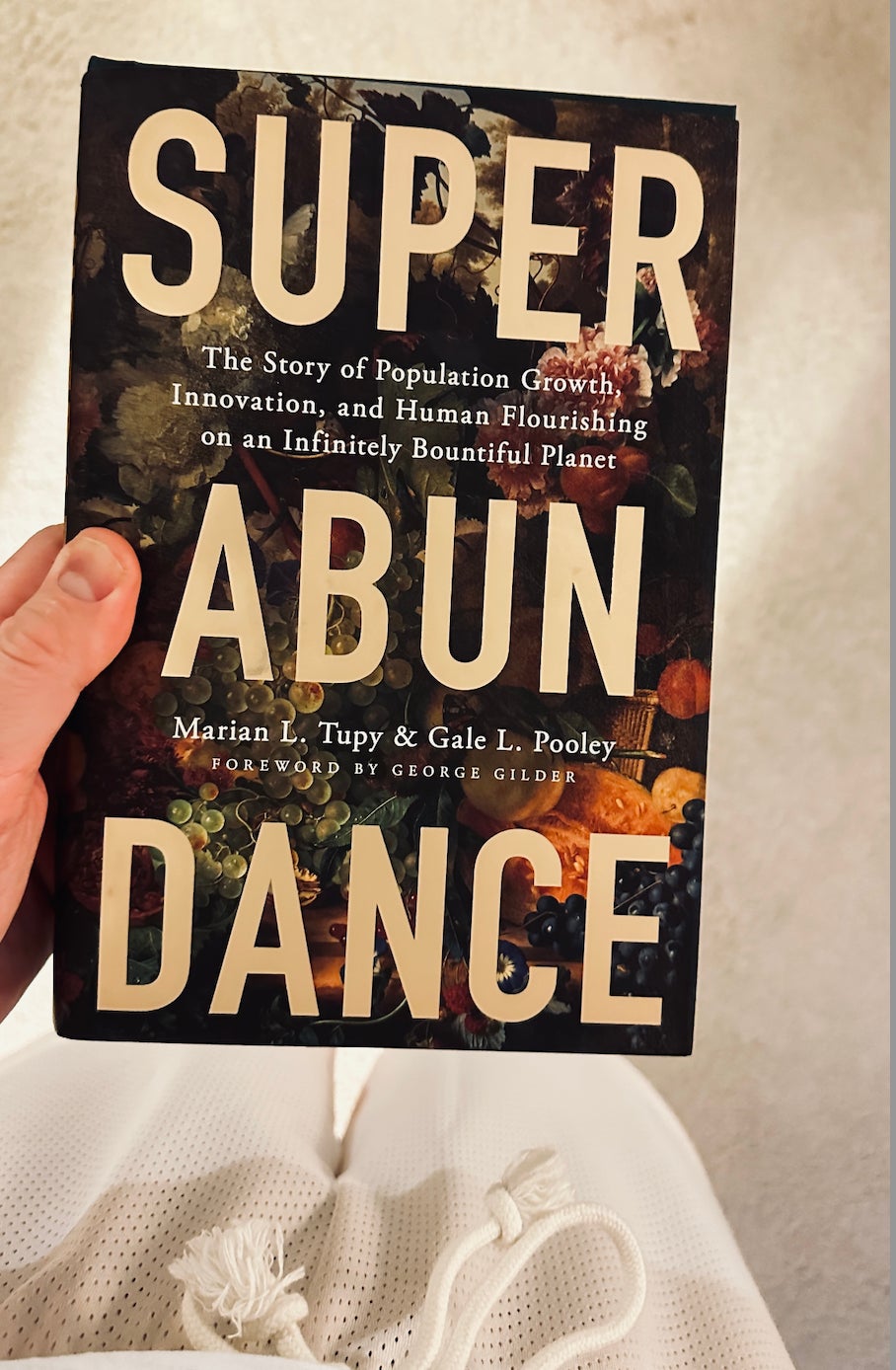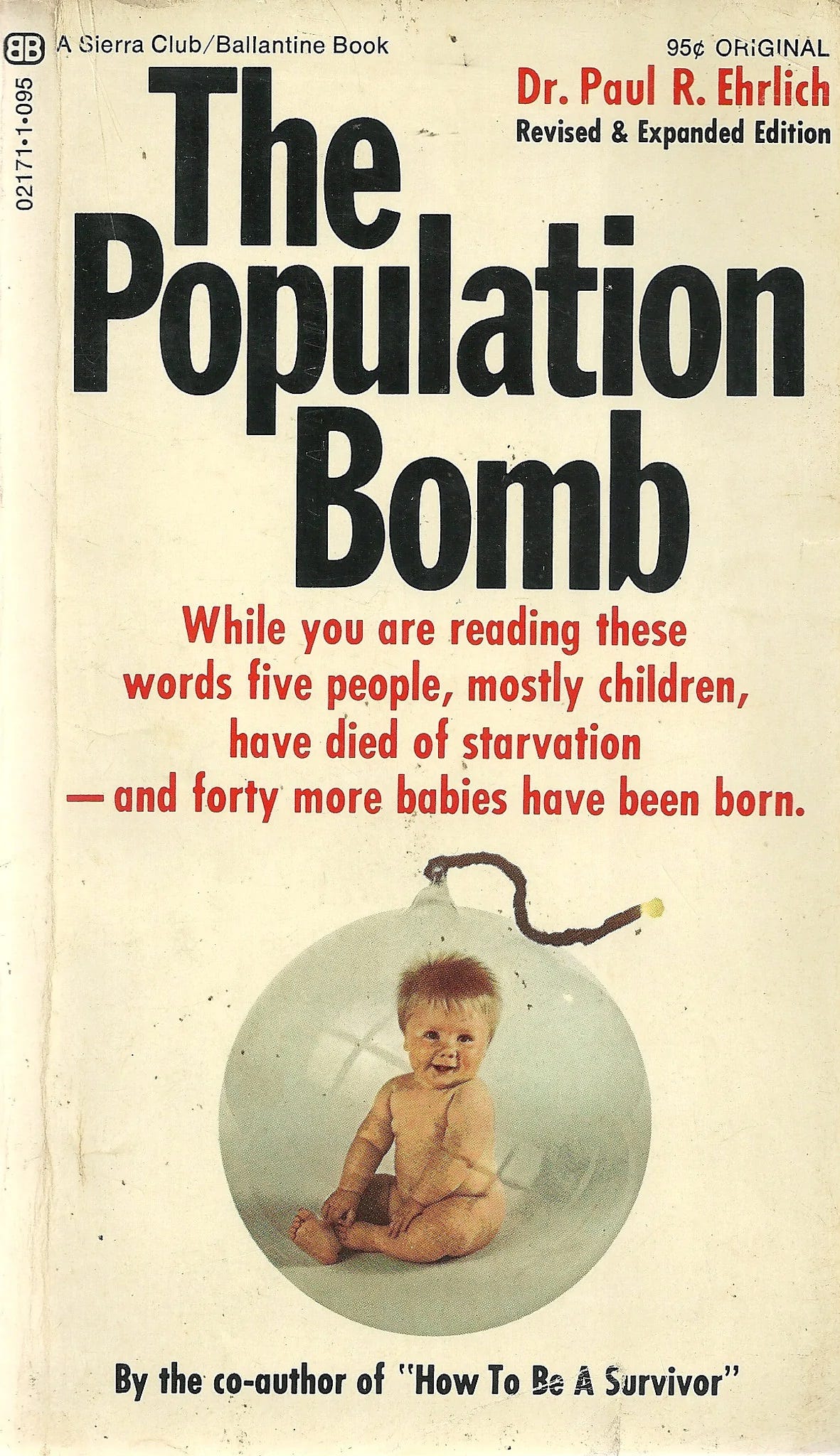China Is Giving College Students An Extra Spring Break To "Fall In Love" Due To Massive Population Decline
 Andrew Wong. Getty Images.
Andrew Wong. Getty Images.INSIDER — COLLEGES in China want their students to go forth and find love during a weeklong spring break in April.
The schools, run by the Fan Mei Education Group, announced that they are going on a break from April 1 to 7, and tasked students with enjoying themselves.
"Walk out of campus, get in touch with nature, and with your heart feel the beauty of spring," the school said in its statement.
The announcement comes amid a push in China to bolster rapidly declining birth and marriage rates. Local companies, provinces, and townships have been experimenting with ways to get people to tie the knot, like offering 30 days of "marriage leave" or launching campaigns asking city women to date rural older bachelors.
I don't want to be public enemy #1 among Chinese college kids and I know it's none of my business anyway but, I have trouble holding my tongue sometimes. Especially when I'm really excited. Because I just happen to have an amazing idea for keeping a country's birth-rate strong in my back pocket and I can't sit on it any longer.
Here's my idea China, in layman's terms: if you're worried about your nationwide birth-rate and declining population, do not, over any 35-year period whatsoever, under any circumstances, institute any population-planning policies that would put a cap on the number of children families are allowed to have, like for example, one child.


Seriously I know that we've got this kind of like, rivalry going on with China or whatever, this whole battle-for-global-supremacy between us two superpowers, and I'm a patriot who bleeds white and blue as well as red, but what can I say — I'm a sucker for humanity. And what a DISASTER a one-child policy would be, for any country, for any amount of time.
How bad would it be? In the absence of any real-world examples of any nation being dumb enough to legally limit the size of their citizens' families, we can't possibly know for sure — but consider this hypothetical from a book I read recently, Superabundance: The Story of Population Growth, Innovation, and Human Flourishing on an Infinitely Bountiful Planet by Marian L. Tupy & Gale L. Pooley:

Say that in 1968 a Stanford biologiest hypothetically named Paul Ehrlich published a book hypothetically titled The Population Bomb, an alarmist manifesto claiming that population growth would result in mass starvation, hypothetically.

(hypothetical book cover of hypothetical book)
And say that book led to a frenzy of studies and books and reports all freaking out about the supposed "dangers" of population growth on a finite planet with scarce resources — so many that, hypothetically, it caught the attention of a group that struggled with aspects of critical thinking to begin with, such as let's say the Chinese Communist Party.
In response to this ticking population bomb dreamt up by one hypothetical biologist, let's assume the CCP hypothetically instituted a "one-child policy" from 1980 to, I don't know, let's just pick a random future date: 2015. This hypothetical policy, when hypothetically enforced by a hypothetically massive bureaucracy with half a million full-time and 85 million part-time employees, would lead to possibly 100 million coerced abortions (often in poor conditions contributing to infection, sterility and sometimes death) and millions of forced sterilizations. Not hard to imagine who the biggest (hypothetical) victims of this (hypothetical) experiment would be: how many mothers would suffer, and how, in a culture with a preference for sons, a hypothetical 34 million more girls were aborted during this period than boys.
Overall, a "one-child policy" hypothetically enforced by the Chinese Communist Party for 35 years would cost today's population 400 million people — 8.2 billion instead of 7.8 (numbers as of 2020), a figure confirmed by the CCP government itself. Despite hypothetical alarmist environmentalists and their misunderstanding of physics vs. economics and “quantities” instead of prices, Tupy and Pooley's analysis suggests that without China's birth limit, not only would there be a hell of a lot less suffering and death — global resources would be almost TWICE as abundant as they are today.
Ehrlic was following in the footsteps of his idol Thomas Malthus, the original population scaremonger —
 Pictorial Parade. Getty Images.
Pictorial Parade. Getty Images.— who first recognized the exponential growth of population in regards to food supplies and resources on earth: but who mistakenly thought population would always automatically grow faster than the planetary resources they needed to survive. 200 years of empirical evidence has shown the exact opposite to be true.
Resource abundance increases faster than population (the "superabundance" referenced by the title) — on average every additional human being creates more value than he or she consumes. More people + produce more ideas = which lead to more inventions — people test these inventions in the marketplace to separate the useful from the useless, and at the end of this process of discovery, people are left with innovations that overcome shortages, spur economic growth, and raise standards of living.
(Of course "superabundance" doesn't just automatically sprout from a large population: to innovate people need to be able to think and speak, to publish, to save and invest, and to trade and profit freely — possibly why the CCP struggled with this concept in our hypothetical).
In more recent history the incorporation of capitalism (i.e freedom) into economic policy has led to China's growth to a level of competition with the United States. If they ever did that hypothetical I was talking about earlier? Oof, that would suck, not just for China but the whole world — if the global population were 9% higher, the average inhabitant of the world would be 559% beter off in personal resource abundance; and the world's resources would be 1,118% more abundant.
And China wouldn't have to schedule breaks from school to beg their young people to go out and fall in love and, for the love of god, fuck and impregnate someone, anyone.
And that was talkin' China.
via Insider (Mar. 30 2023)
Statistics and analysis of China's "one-child policy" via Superabundance: The Story of Population Growth, Innovation, and Human Flourishing on an Infinitely Bountiful Planet: Tupy, Marian L., Pooley, Gale L., Gilder, George: 9781952223396


